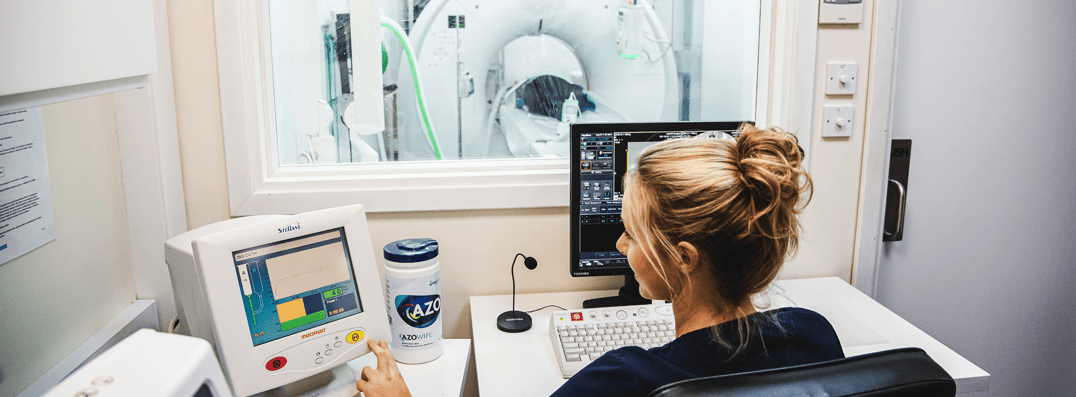Ultrasound is a completely non-invasive procedure, which uses high energy sound waves to create an image of tissues and organs within the body. In 2019 we purchased a top of the range GE Healthcare Vivid IQ ultrasound machine, which allows us to take extremely high-quality images. It can be used for a variety of body parts:
Abdominal ultrasound
Your pet will usually be lightly sedated and laid on their side with the hair on their abdomen shaved. A full exam includes assessment of every organ in the abdomen. We can detect changes due to disease, nodules and masses, foreign bodies, bladder, kidney or gall bladder stones and age-related change, amongst others. Sometimes your vet may request a more targeted single organ scan. If abnormalities are found, tissue samples are usually collected at the same time via a needle guided by ultrasound. We are proud to be able to offer same day cytology results thanks to our in house digital microscope which can transmit images of samples to a qualified pathologist in minutes.
Echocardiography
Cardiac ultrasound is usually performed consciously, although a very light sedation may be required in some patients if they are very stressed. The hair over the heart on either side of the chest is clipped to allow access. We take pictures and moving images of the heart and a range of measurements including blood flow velocities and chamber dimensions. We routinely investigate congenital and acquired heart diseases.
Ocular ultrasound
We can use a high frequency ultrasound transducer to look at structures inside and behind the eyeball. This will usually be part of a full ocular exam.
Musculoskeletal ultrasound
As part of an orthopaedic investigation, we may need to perform ultrasound of certain tendons such as the biceps, supraspinatus or calcaneal. This can add useful information in addition to radiography.
Cervical ultrasound
We may occasionally need to perform ultrasound of your pet's neck to check for changes in the thyroid or parathyroid glands or the lymph nodes and salivary glands in this area. This is useful in certain hormonal conditions or if masses are present.

